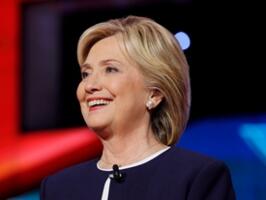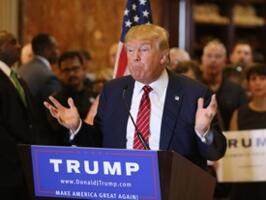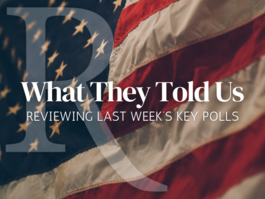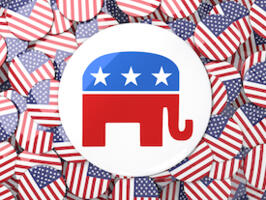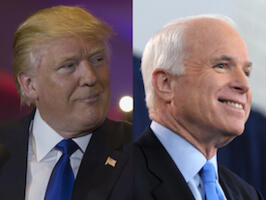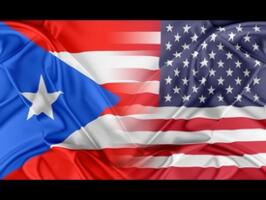March 8, 2017
The 50-50 nation marches on. Republicans and Trump supporters in general strongly suspect that the Obama administration was wiretapping the Trump campaign last year; Democrats and Trump opponents strongly disagree. While the director of the FBI has reportedly disputed President Trump’s wiretapping claim, a lot of voters are wondering about the FBI’s impartiality.
The latest Rasmussen Reports national telephone and online survey finds that 44% of all Likely U.S. Voters consider it likely the Obama administration tapped telephones in Trump Tower during last year’s presidential campaign, with 26% who say it’s Very Likely. Fifty-three percent (53%) view that claim as unlikely, including 40% who say it’s Not At All Likely. (To see survey question wording, click here.)



